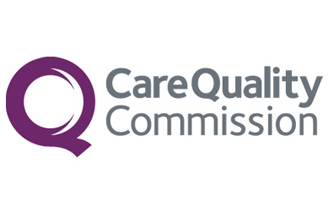For local help please click HERE
We are all responsible for the safety of children, young people and vulnerable adults.
Safeguarding is the process by which vulnerable members of the community are looked after to allow them to develop and reach their full potential. Everybody has the right to be safe and live free from harm, abuse and neglect no matter who they are or what their circumstance.
We have safeguarding policies in place to ensure the safety of our patients, all our staff are trained to identify when people may be at risk. Our Practice safeguarding lead is Dr Mini Nelson, who oversees the Practice policies and protocols on safeguarding. We work closely with the Norfolk County Council and other local safeguarding organisations.
Safeguarding Children
All children have a right to grow up in a caring and safe environment. All adults have a responsibility to protect children whether they are a parent, member of the family, friends, neighbour or member of the public.
Should you have any concerns please do not leave it for someone else to do something, it is important that you report your concerns if you feel a child’s in danger. Speak to someone, this might be a health visitor, nursery or school staff, a teacher, a police officer or come and talk to a doctor. We have included some helpful links to websites and leaflets to guide you:
Norfolk Safeguarding Children Board
NSPCC and Leaflet
Norfolk County Council
Safeguarding Adults
A vulnerable adult is anyone over the age of 18 who are unable to protect themselves from harm or being exploited because of disability, age or illness. Abuse means either harming someone or not ensuring that someone isn’t harmed.
If you have concerns that an adult is being abused or is at risk of abuse then you can get further advice and information from a number of different organisations please click on the links below:
Norfolk Safeguarding Adults Board
Norfolk County Council and Leaflet
Domestic Violence
Leeway is a specialist domestic abuse charity based in Norfolk and Suffolk. It has a 24 hour domestic abuse Helpline – Telephone 0300 561 0077 or visit their WEBSITE
“Remember: Domestic abuse doesn’t just mean violent behaviour, it’s about power and control. It can also include emotional, psychological and financial abuse.”
